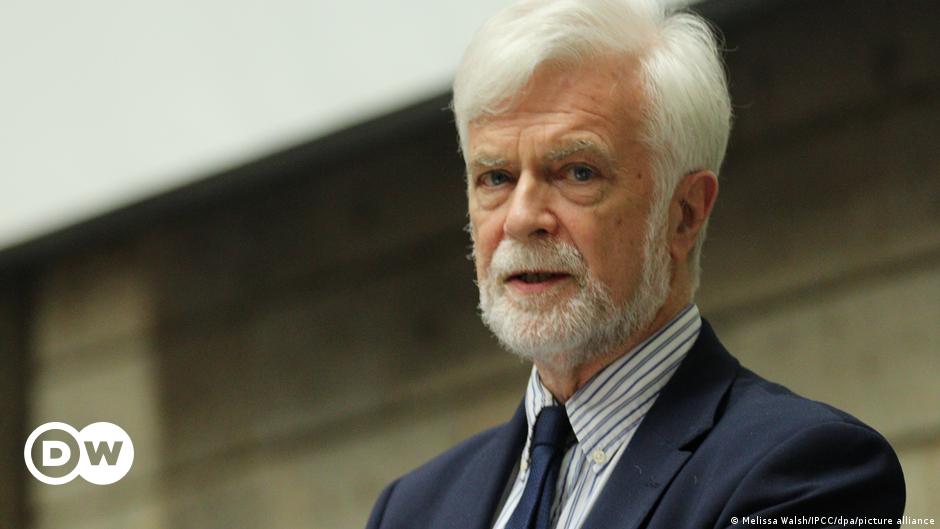- cross-posted to:
- [email protected]
- cross-posted to:
- [email protected]
In short, we aren’t on track to an apocalyptic extinction, and the new head is concerned that rhetoric that we are is making people apathetic and paralyzes them from making beneficial actions.
He makes it clear too that this doesn’t mean things are perfectly fine. The world is becoming and will be more dangerous with respect to climate. We’re going to still have serious problems to deal with. The problems just aren’t insurmountable and extinction level.



deleted by creator
Yes it does, but average global temps are going up, not down.
Omitting the environmental deaths by cold only tells some of the story. If both are going up, that’s far worse than any other scenario. Fact is, we have no idea either way. So from this assessment we only have half the picture, and that’s the problem.
The argument that it’s good is if 10% more people die from exposure in the summer, but that also means 10% fewer die in the winter from exposure, but 10% that 10% represents more people for the winter numbers, then fewer people are dying from exposure overall, which is where it could be argued that it’s a good thing.
I’m of the mind that it’s easier to give people sweaters, blankets, jackets, scarves, mittens, etc, to keep them alive during the cold months, than it is to somehow make them not die in the summer from the heat, so if we want these numbers moving at all, we want them to go towards the winter, because we can’t exactly air condition the outside in the summer.
Just because I see that the argument can be made, doesn’t and shouldn’t imply that I agree the argument should be made. We should be doing everything we can to slow down, prevent, and otherwise reverse the damage from pollution, including, but not limited to, preventing it from continuing, cleaning up the environmental pollution that’s possible to be cleaned, and finding new ways to do the things we need to without creating a new source of possibly worse damage to the environment, as well as doing what we can to restore the environmental areas that have been lost from the damage we have done.
Some things are extremely difficult or impossible with our level of technology, but that doesn’t mean there’s nothing we can do about it. It’s not like we have a good way to find and remove radioactive elements or oil that has escaped containment and have been floating around in the ocean… At least, we can’t right now. But keeping things like that from being repeated, using better, clean, energy sources, and advanced and ecologically friendly ways of storing and using that power will be key to preventing the need for things like oil to be dug up from the ground.
As you’re probably aware, there’s a laundry list of things we can and should be doing, and the majority of the time, that’s not what is being done… We have to fix it, but Rome wasn’t built in a day, and a lot of powerful people with deep pockets have an investment and interest in keeping things as they are, keeping people reliant on fossil fuels and dirty practices that result in pollution so they can keep making more and more money, so that they can simply have more money. It’s a difficult fight, but knowing the arguments people might make against that progress is going to be important to our future; so we can be prepared when those arguments are made by people opposed to a better, more environmentally friendly future, so those without the vision to see how damaging things are, can be convinced to make the right decision for everyone.
It’s going to be a long, tough, battle to fight.
And yet the both of you seem to be arguing the point, or the meta point. Take my upvotes, the both of you! ;-)